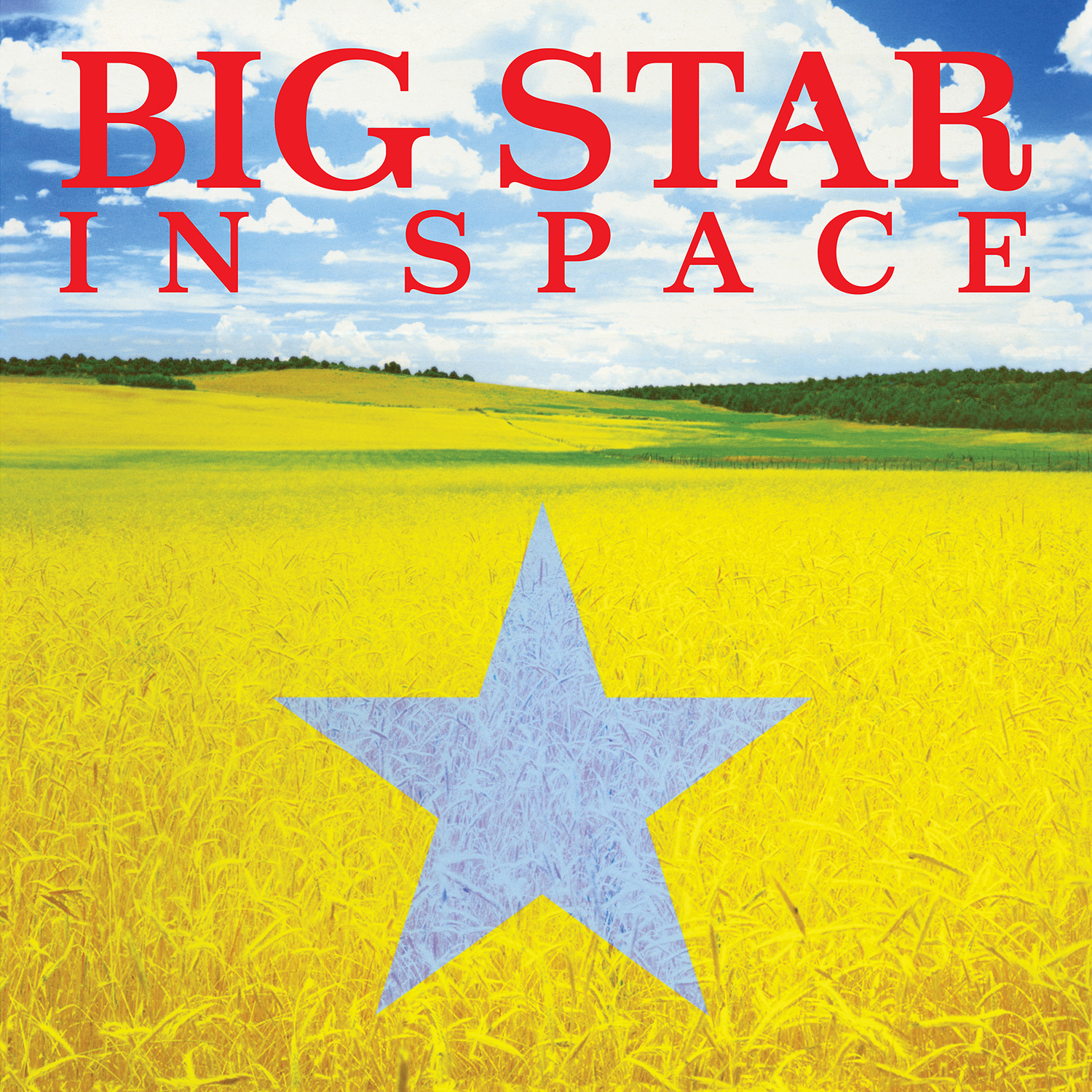
“I might as well be losing sleep, for all the good it would do me.”
After thirty-some-odd years, someone finally convinced Alex Chilton to cash-in on the growing Big Star legacy. Acts like Wilco, Elliott Smith, Nada Surf have all indicated the band’s influence on their output, and while their trio of ’70s albums didn’t sell well upon release, they’ve amassed a solid fanbase over the years. In the meantime, Alex Chilton steadily put together a string of albums of varying quality, gained a bunch of indie cred as young people discovered Big Star, and pickled his organs in alcohol.
I’m not exactly sure what finally clicked in Chilton’s brain that he thought 2005 was a ripe time for a Big Star comeback. The band’s legacy was solid, their three albums viewed as unburied treasures—even the depressing Third/Sister Lovers was considered a lost masterpiece in certain circles. If I had to take a gander at guessing what drove the decision, it would probably be one of the common motivators of aging rockstars who keep at it even after they’ve lost their spark: money or attention. I say that because the hallmarks of consensus “good albums by rock’s elder statesmen”—a wisened, cynical, or jaded worldview; a refined musical palette; a genuine joy in the act of creation—seem to be absent from In Space. Compared to late career gems like Bob Dylan’s Tempest, Robert Plant and Alison Krauss’s Raising Sand, or Nick Cave’s Skeleton Tree, Chilton simply doesn’t have enough to offer here to warrant dusting off the Big Star name. Unfortunately, the result is a net negative for the band’s legacy (hence why I prefer to pretend that this doesn’t exist).
Drummer Jody Stephens returned for the album, and the Posies’ members John Auer and Ken Stringfellow round out the modern line-up in an attempt to conjure some vintage Big Star. Instead the band comes off sounding exactly like what it is: the Posies fronted by Alex Chilton. It’s plainly obvious that Chilton’s songwriting well had run dry by this point, and the album falls flat on its face. Okay, so maybe that’s a slight exaggeration; it’s passably mediocre, but by the standard set by their original albums, this is not good.
Auer and Stringfellow had been touring with the remaining Big Star members since the mid-1990s, meaning this was the longest standing incarnation of the band. Since they were touring as Big Star and playing their greatest hits at every show, I suppose it seemed okay to head into the studio and make an album under the name. I wish they hadn’t, because they mostly produce bland, listen-to-it-once-and-forget-it power pop that sounds more like the Posies than Big Star.1 Of course, the Posies were influenced by Big Star, so the fit kind of works on paper. But apparently lots of bands were influenced by Big Star, and most of them sound derivative and forgettable (like this album).
‘Dony’ and ‘Lady Sweet’ start things off on a decent note (even though the latter is just a really good Posies song), and the Beach Boys fake out gimmick on ‘Turn My Back on the Sun’ is fun enough. But once you get to ‘Love Revolution’ you will realize that the album is quickly devolving into a faceless puddle of nothingness and really shouldn’t exist at all.
Favorite Tracks: Dony; Lady Sweet.
1. That’s not to knock the Posies. Their music is fine; bland and forgettable, but fine, inoffensive stuff. Be that as it may, their sound shouldn’t be dominating what is called a Big Star album.